In the digital age, our lives are increasingly intertwined with the internet. From social media to online banking, we rely on the internet for various aspects of our daily routines. However, just as we maintain personal hygiene to stay healthy, it’s crucial to practice good “cyber hygiene” to protect ourselves online. In this article, we will explore essential tips to help you keep your online life clean and secure.
Introduction
The internet has become an integral part of our lives, but with convenience comes the risk of cyber threats. Cyber hygiene is akin to personal hygiene, and just as you wash your hands to prevent illness, you should take steps to safeguard your online presence.

Understanding Cyber Hygiene
Cyber hygiene refers to the practices and measures individuals and organizations take to maintain their digital health. It involves protecting sensitive information, maintaining the security of devices, and being vigilant against online threats.
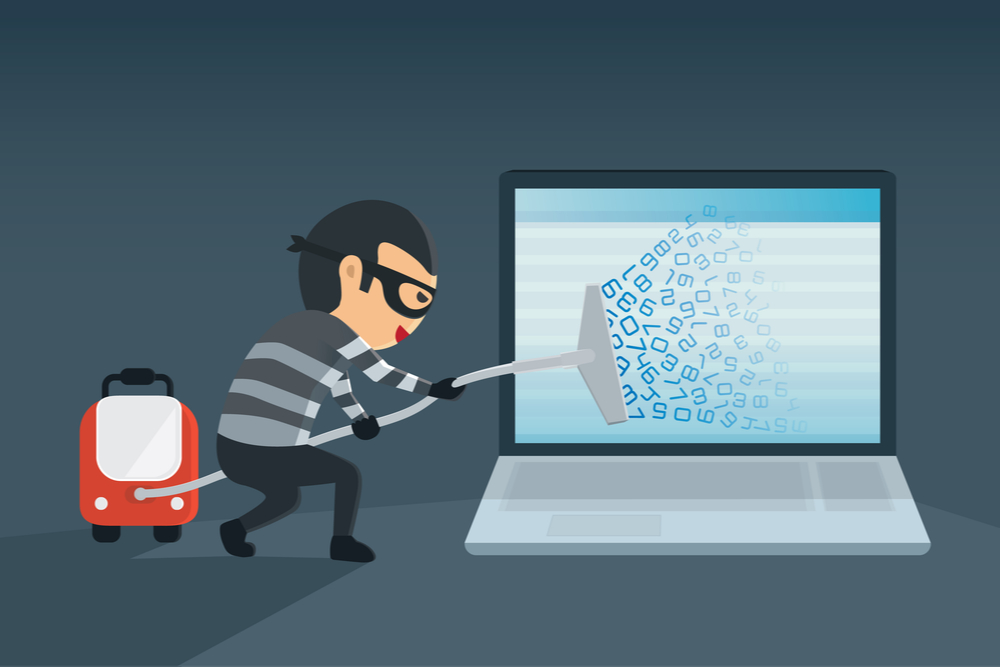
Importance of Cybersecurity
Cybersecurity is crucial because it safeguards your personal information, financial data, and privacy. A breach in cybersecurity can have severe consequences, ranging from identity theft to financial loss.
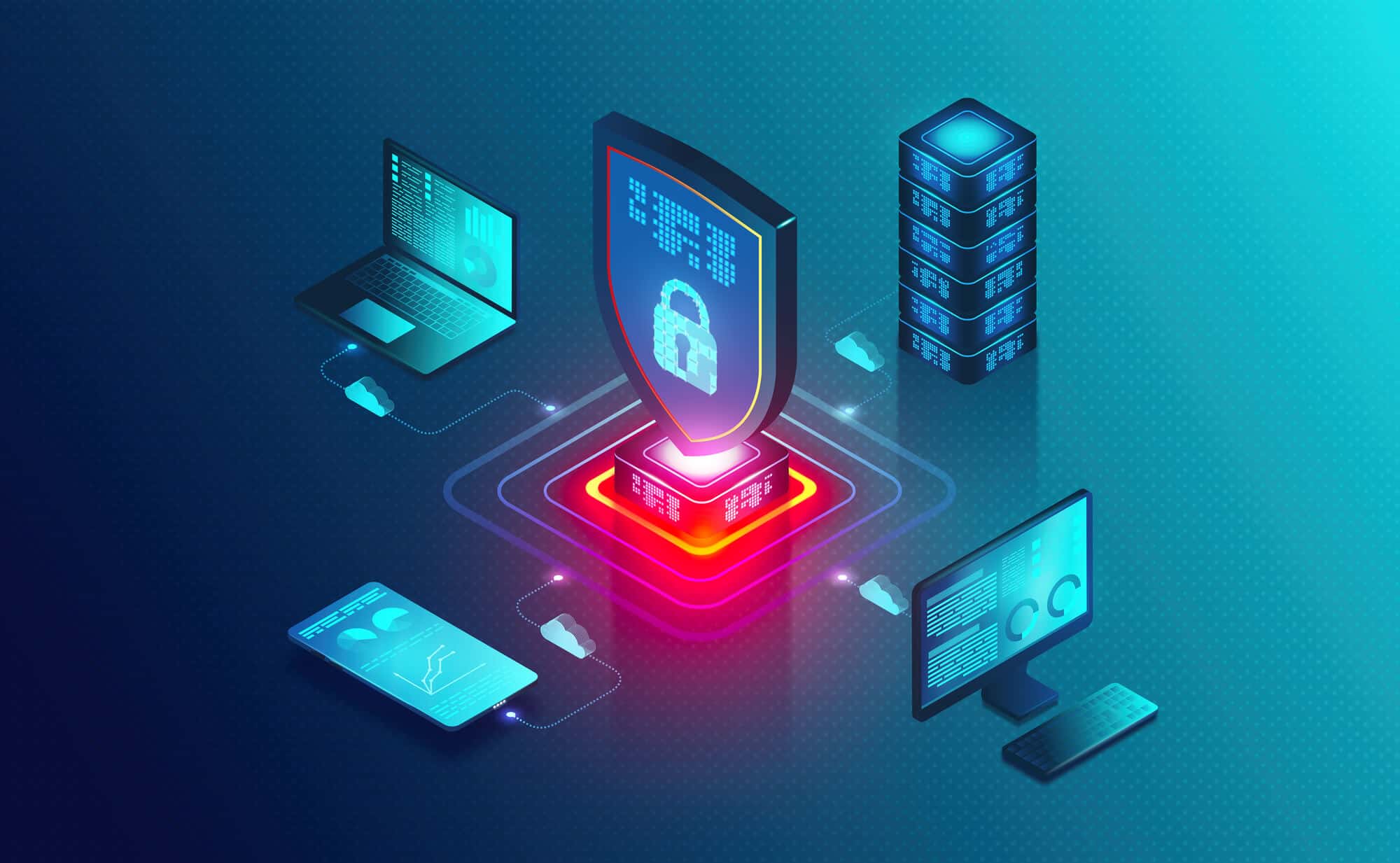
Regularly Update Your Devices and Software
One of the fundamental aspects of cyber hygiene is keeping your devices and software up to date. Updates often contain critical security patches that protect against vulnerabilities.
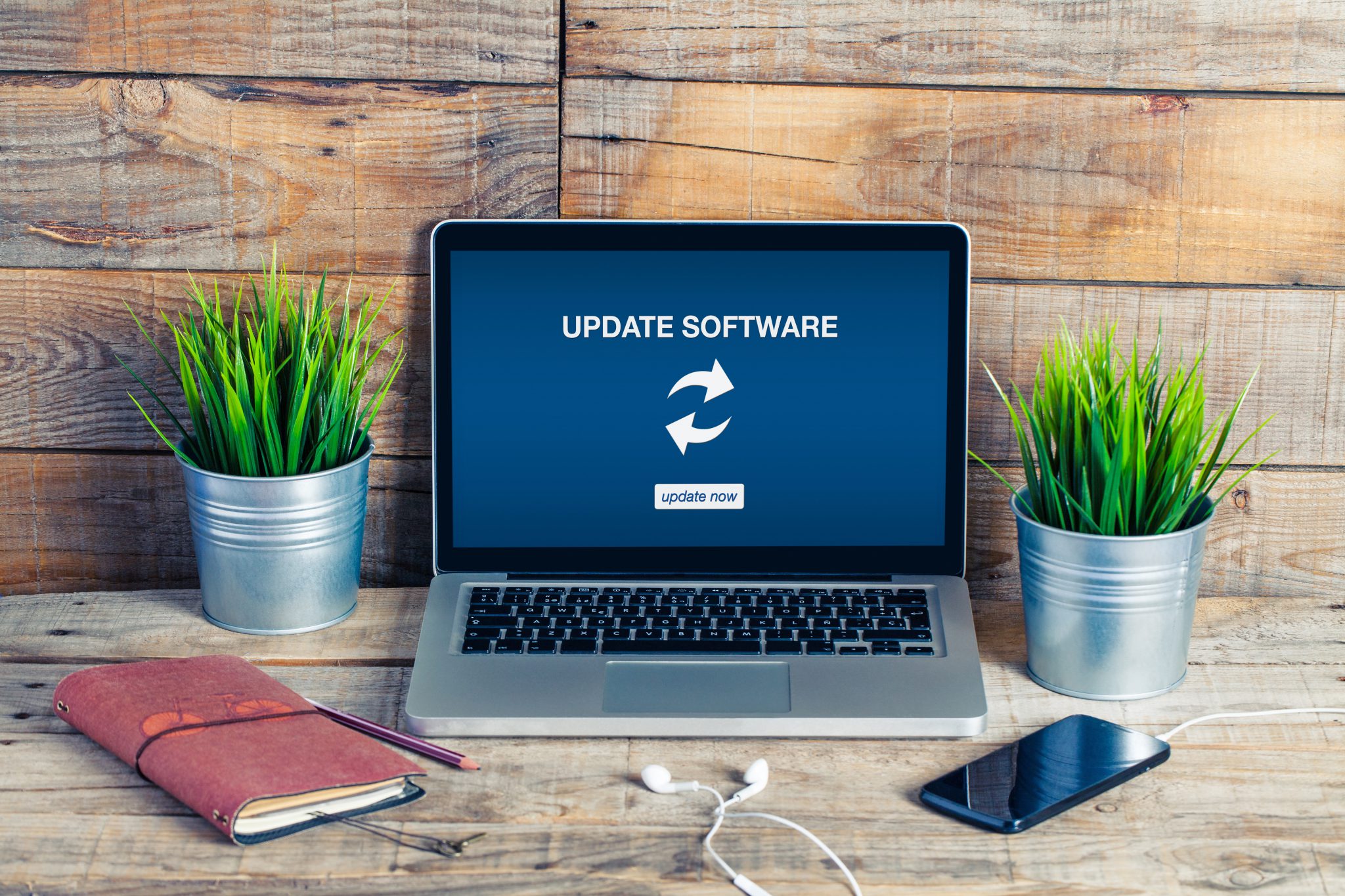
Create Strong and Unique Passwords
Passwords are your first line of defense. Create strong, complex passwords for your online accounts, and avoid using the same password for multiple sites. Consider using a password manager to keep them organized and secure.

Enable Two-Factor Authentication (2FA)
2FA adds an extra layer of security by requiring a second form of verification, such as a text message or fingerprint scan, in addition to your password. Always enable 2FA when available.

Beware of Phishing Attempts
Phishing emails and messages are common tactics used by cybercriminals. Be cautious of unsolicited emails and don’t click on suspicious links or provide personal information.
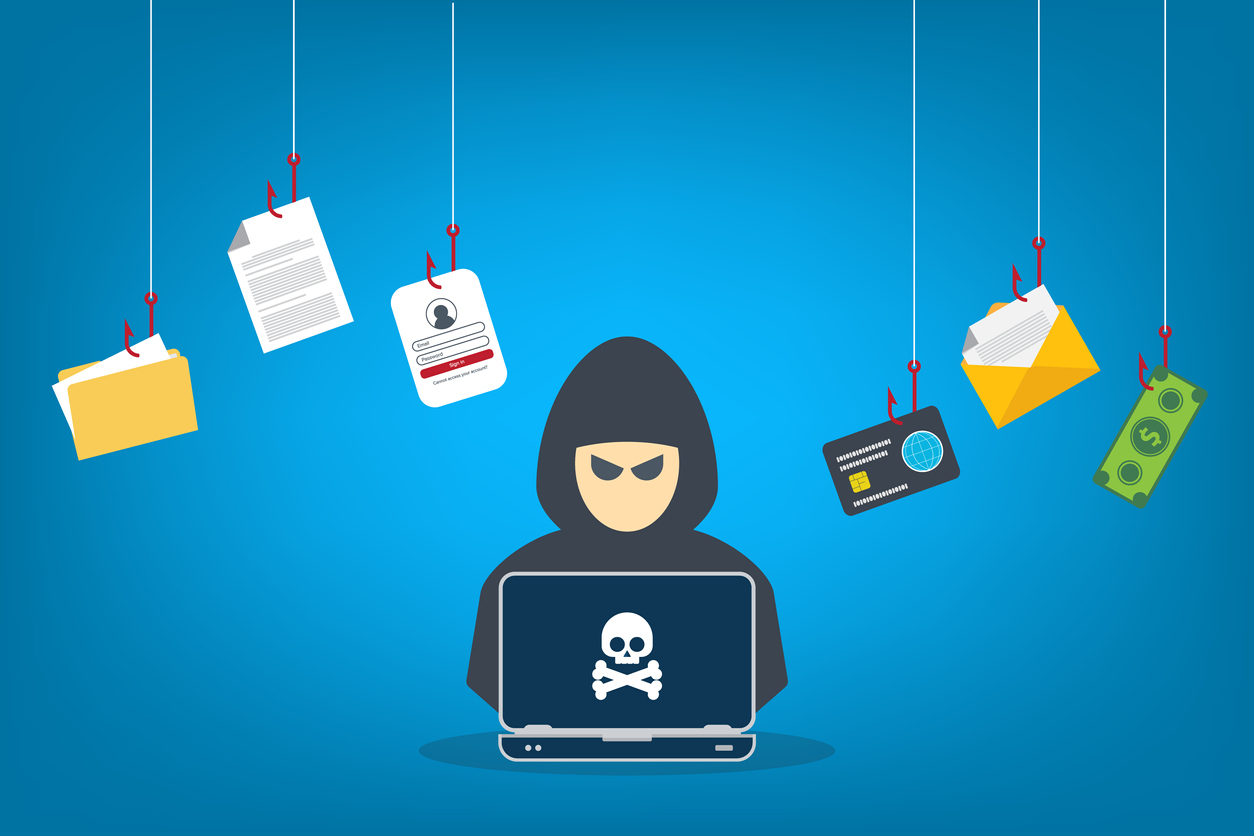
Use Secure Wi-Fi Networks
Avoid using public Wi-Fi networks for sensitive transactions. Instead, use a secure and private network to reduce the risk of data interception.
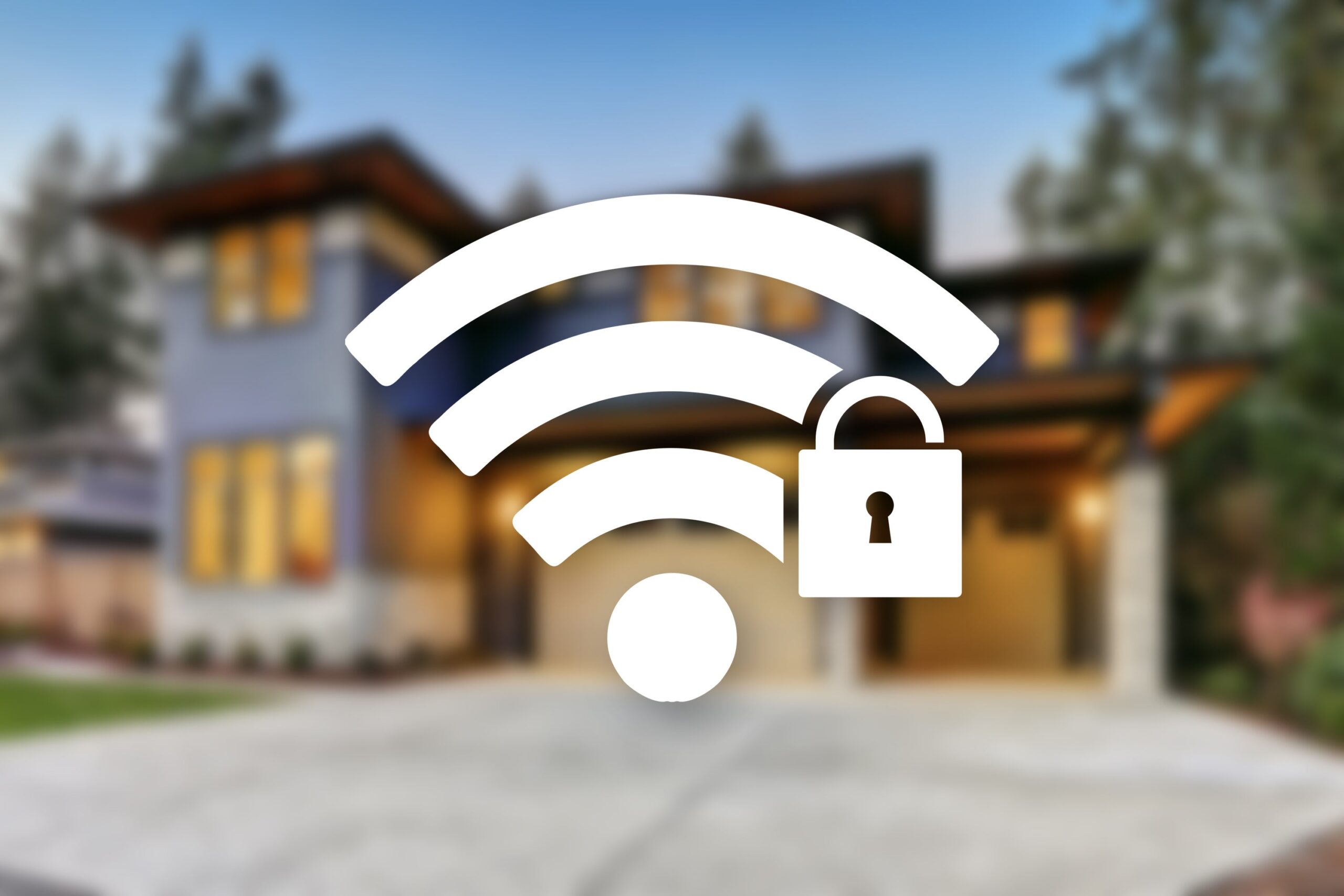
Install Reputable Antivirus Software
Quality antivirus software can detect and block malware, viruses, and other threats. Ensure your antivirus software is up to date and schedule regular scans.
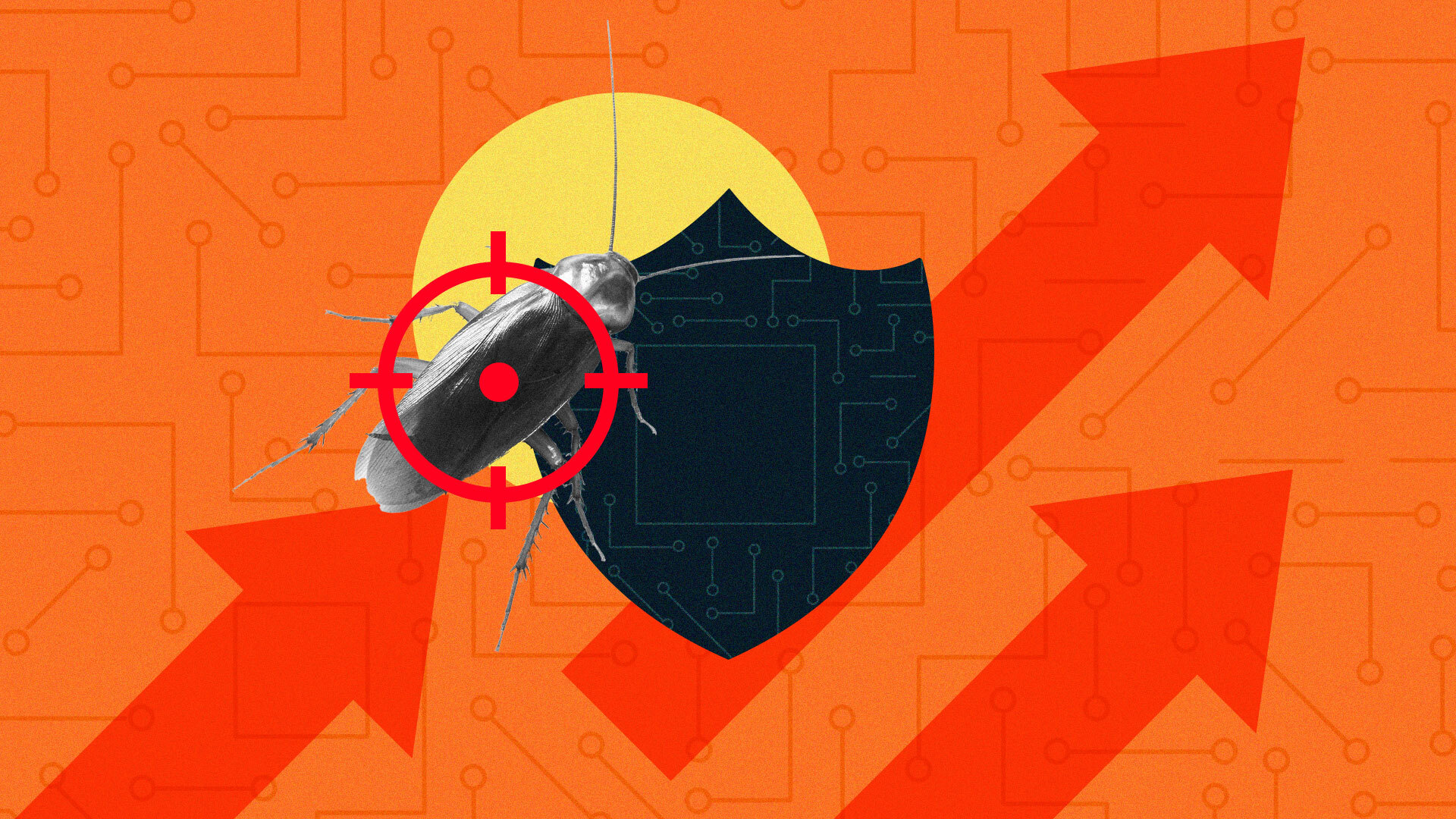
Secure Your Social Media Profiles
Review your social media privacy settings and limit the amount of personal information you share online. Be selective about your connections and be cautious of friend requests from unknown profiles.
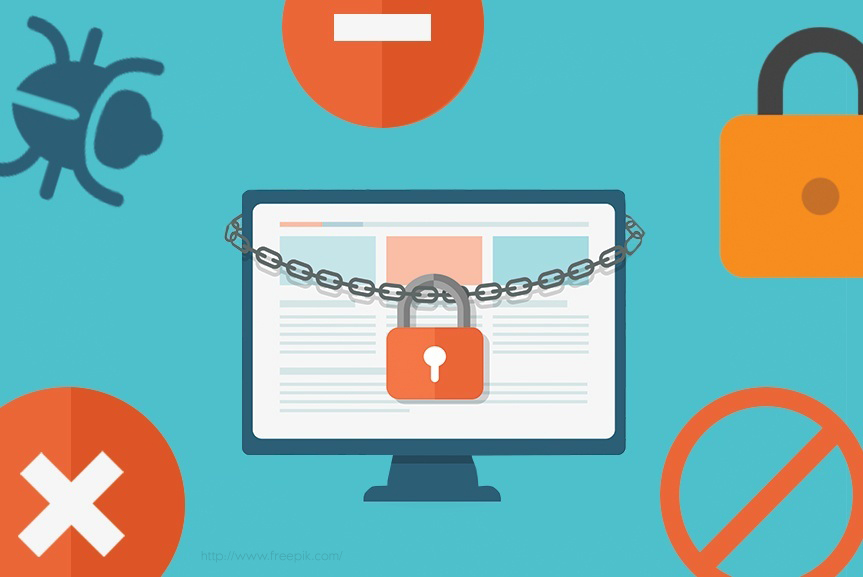
Be Cautious with Personal Information
Be mindful of the information you share online. Avoid posting sensitive personal details such as your home address or financial information on public forums or social media.
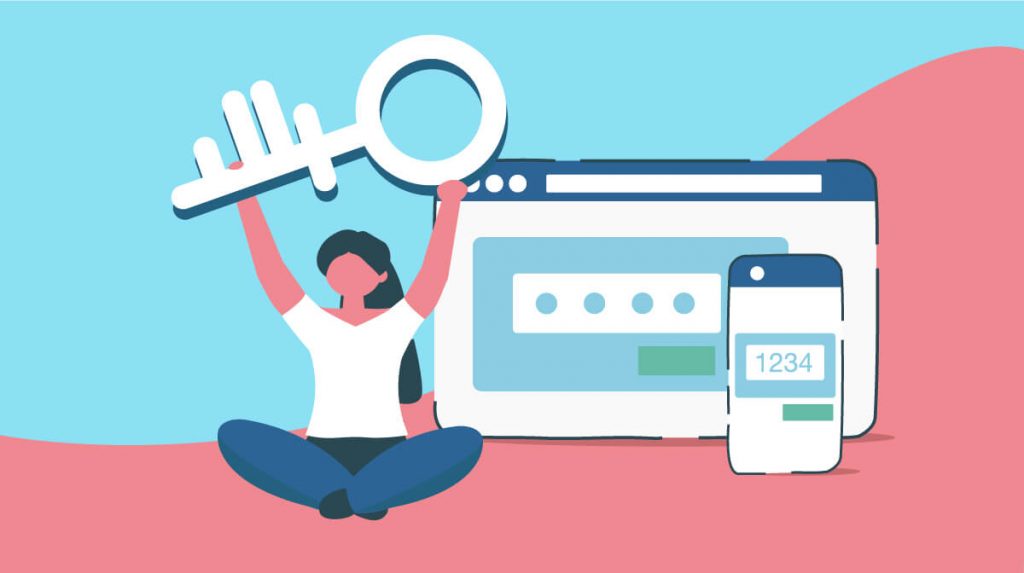
Regularly Back Up Your Data
Regular data backups ensure that you can recover your information in case of a cyberattack or hardware failure. Use external drives or cloud storage for secure backups.

Educate Yourself and Stay Informed
Stay informed about the latest cybersecurity threats and best practices. Education is your best defense against evolving online risks.
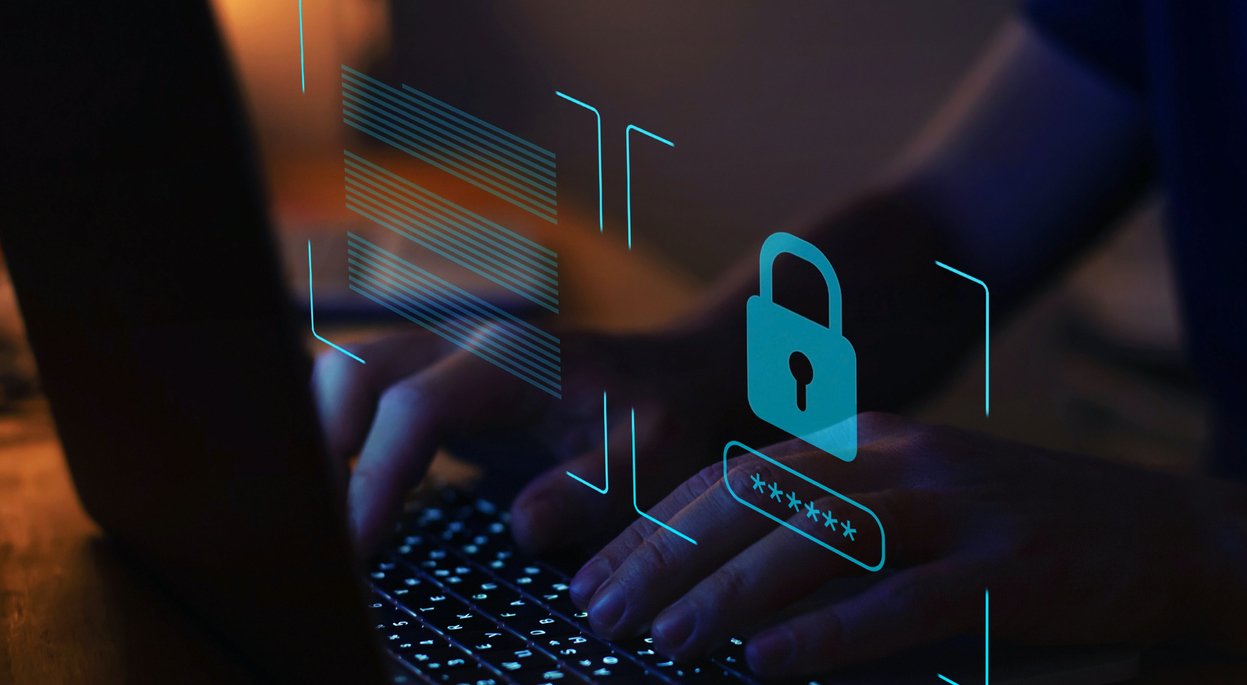
Conclusion
Practicing good cyber hygiene is essential for safeguarding your online life. By following these tips, you can minimize the risks and enjoy a safer digital experience.











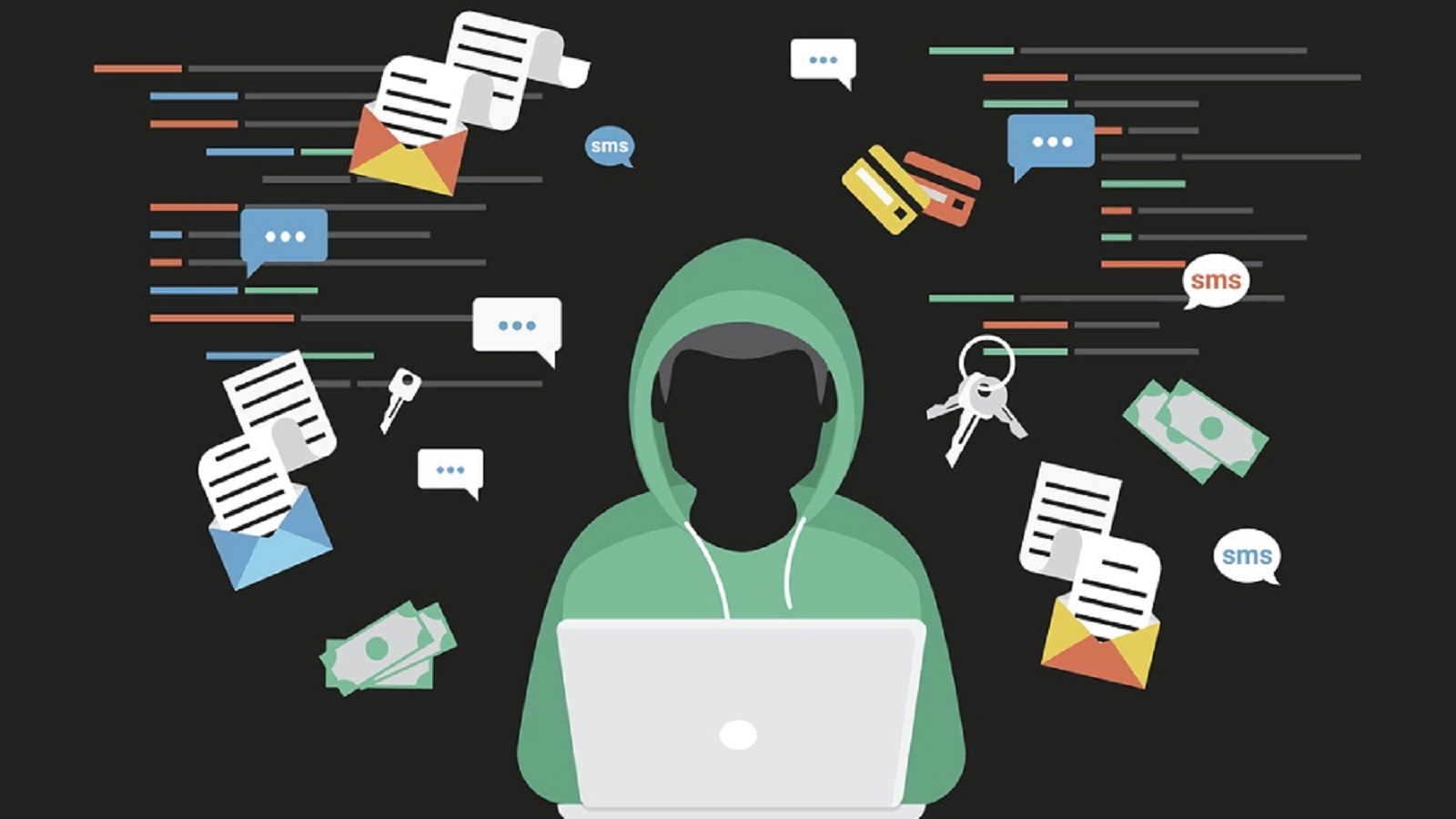

Leave a Reply